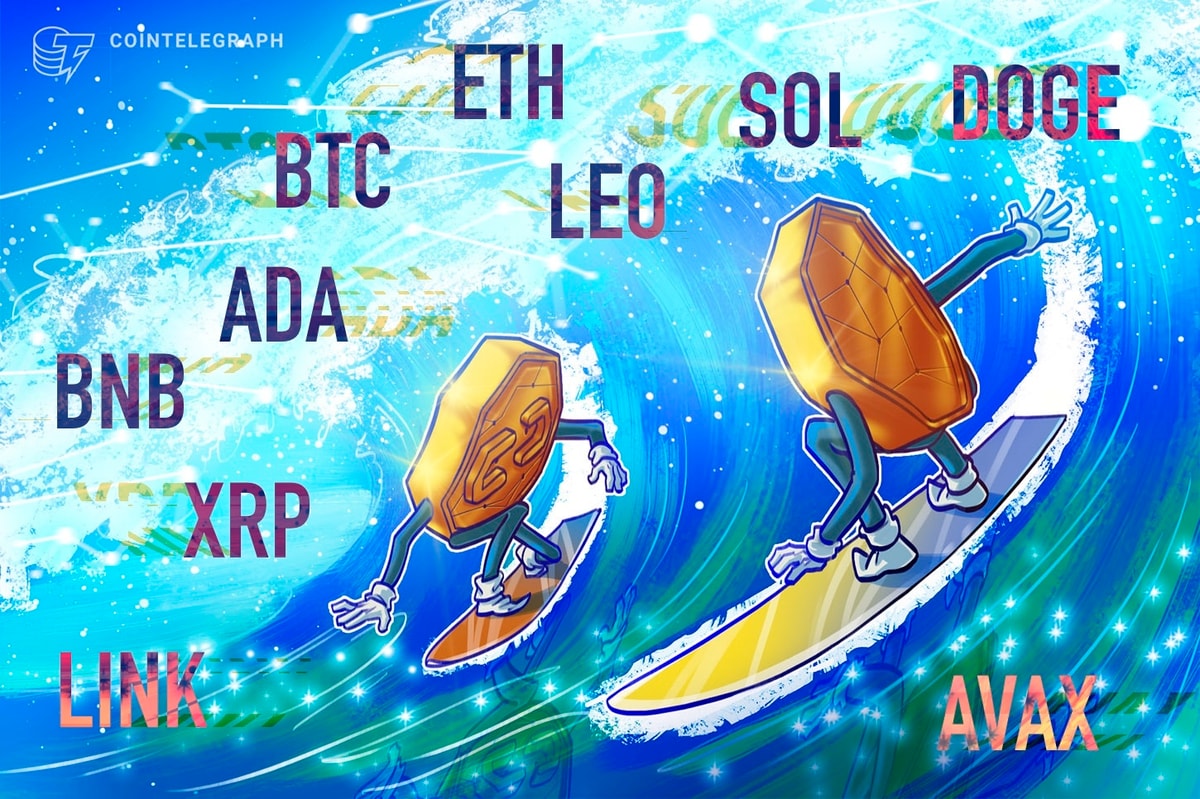Africa-focused blockchain internet company 3air has officially abandoned the Cardano blockchain in favor of SKALE, a network powered by Ethereum, after reporting a “massive talent shortage” for Haskell developers.
The skillset for Haskell, which is Cardano’s primary programming language, appears to be in short supply, according to 3air CEO Sandi Bitenc. After spending months actively recruiting for senior Haskell coders to build on Cardano, 3air was only able to obtain two entry-level part-time developers, said Bitenc. Although the company reached out to development agencies recommended by Cardano, 3air still wasn’t able to find the talent it needed.
"There are many issues we have faced," Bitenc told Cointelegraph in a written statement. "One is for sure a total lack of talented Haskell and even more so Plutus developers on the market. There is also a lack of proper developer tooling and documentation that makes developing on Cardano even harder." He further explained:
"Additionally, Cardano uses a UTXO model that calls for new approaches to programming smart contract[s] that will not cause congestion issues. As we have seen, nobody has managed to successfully solve this issue since September’s Alonzo fork that brought smart contracts to Cardano."
By migrating to SKALE, the CEO said that 3air’s developers can begin work immediately on their development goals. He also touted SKALE’s fast transactions, zero gas fees and multichain capabilities, especially around decentralized applications, for the decision to adopt the protocol.
SKALE launched the first phase of its mainnet in June 2020 after securing $26.75 million in funding over the previous two years. The Ethereum-compatible network, which claims to be fully decentralized, has shifted its focus to Web3, nonfungible tokens and decentralized applications.
Although Cardano has one of the largest communities in crypto, slow progress on the development front opened door to several competitors in the smart contract space. Whereas Cardano’s developers emphasize an academic approach to development, including following the peer review process, other smart contract platforms have adopted a more iterative approach to building, testing and launching their projects.
Related: If the peer review system is broken, what the hell is the point of Cardano's reliance on it?
Cardano’s choice of Haskell, a highly academic programming language, has been criticized for contributing to a slower and more difficult development process. One such criticism from within the Cardano community, dating back to November 2017, cited “relatively few devs” using Haskell at the time.
In addition to the Haskell language barrier, Sandi Bitenc told Cointelegraph that "the handling of tokens on Cardano" represents an additional challenge, as it "requires minimal ADA to be sent with any asset on Cardano." The minimum requirement currently sits at 1 ADA, which doesn't include fees. "While this may not be a potential issue with swaps, it will be an issue with using tokens for one-way transactions and even if this is not considered a fee, in the end, it acts as one for the end-user, making Cardano not really the cheapest regarding transaction costs."
"We have users in Africa waiting to connect right now, so delivering quickly a low-fee, user friendly platform is of upmost importance to us," he said.
Despite these challenges, Cardano appears to be making inroads in developing nations throughout Africa, with its development arm Input Output Hong Kong partnering with regional governments to improve education outcomes. Cardano founder Charles Hoskinson believes that the continent could onboard 100 million new DeFi users by the middle of the decade.
This article has been updated with additional comments from 3air CEO Sandi Bitenc.











